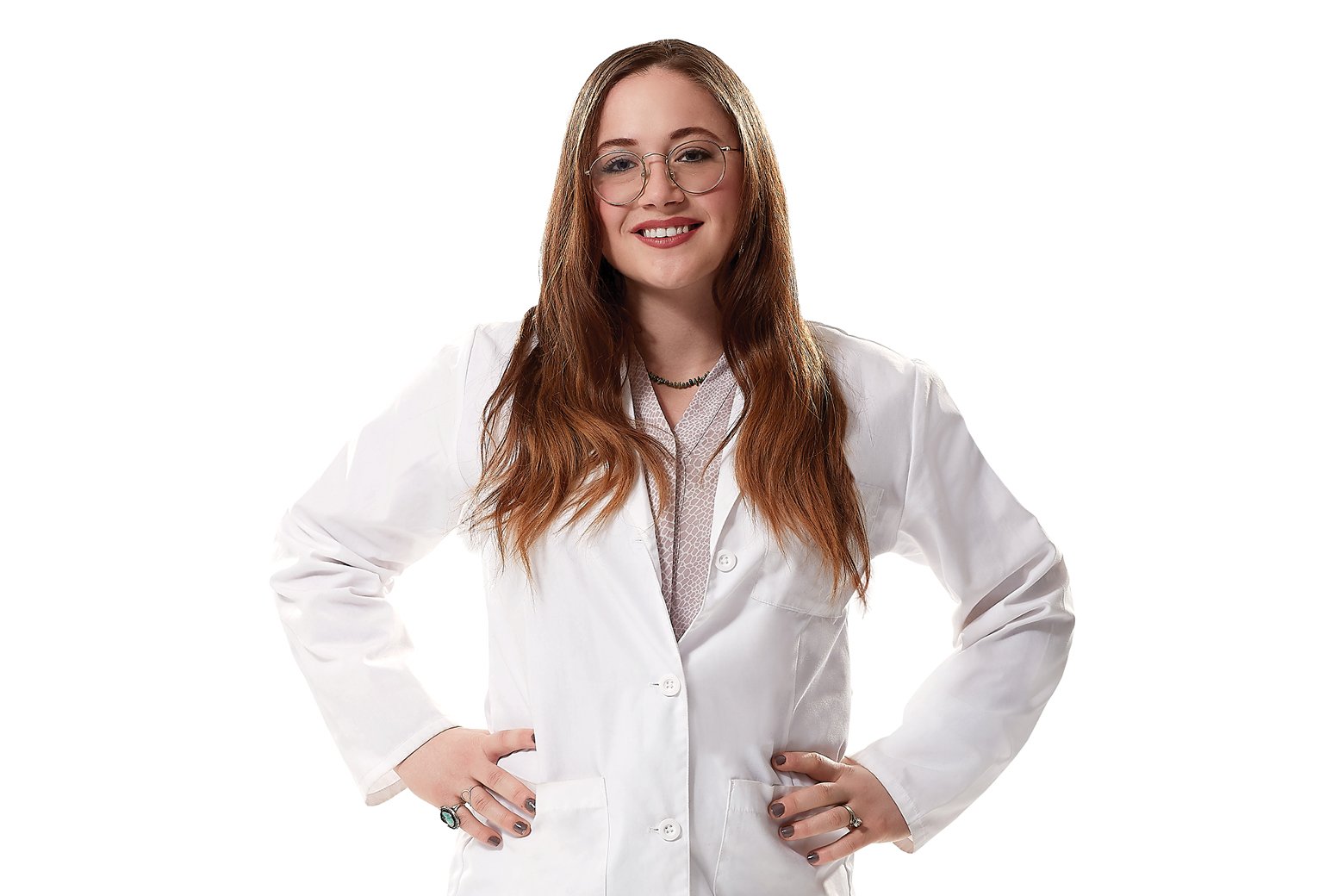On the move with: Baillie A. Bronner, a fourth-year medical student at the University of New Mexico School of Medicine in Albuquerque. She is also vice chair of AMA Medical Student Section (MSS) Governing Council.
AMA member since: 2016.
What inspired me to pursue a career in medicine: I felt like that was where my skills and my passion intersected. The first time I ever truly felt like I succeeded in coursework was in my first premed course I took on a whim in high school. From there, I realized that I was most passionate about community and that the empathy I had for others would serve me well in the field of medicine.
How I move medicine: By working with other medical students and residents to advocate for women’s health—especially increasing access to contraception and decreasing maternal mortality at the state legislature. By engaging in resolution-writing within the AMA-MSS and by researching issues surrounding health information technology within our MSS Standing Committee on Health Information Technology. By continuously advocating for cultural competency in my multicultural state and by fighting for the rights of my undocumented patients.
Career highlights: I have been the vice chair for the AMA-MSS Standing Committee on Health Information Technology for the past year, clinic coordinator for Barrett House—a student-run clinic for women and children experiencing homelessness—and Gold Humanism Honor Society Member.
Advice I’d give to those interested in pursuing a career in medicine: Never let go of your empathy or your convictions. It’s easy to get bogged down by schoolwork and rotations where you are expected to perform at your highest level. At the end of the day, your patients need someone who will not only listen to them, but actively advocate on their behalf.
How I give back to the community: I have been a part of Big Brothers Big Sisters of America for three years now. I mentor a high-school student from an area with traditionally very low graduation rates by focusing on college prep and social development. This is my favorite way I give back to my community, because it is one on one, and she recently told me she’s going to college to be a nurse. I’m really proud.
Aspect of my work that means the most: Being able to work in clinics where all are welcome regardless of ability to pay, immigrant status or personal beliefs. I work in a place whose main goal is to allow people to finally feel safe.
My hope for the future of medicine: That as physicians, we begin to advocate more effectively and aggressively for the rights of minorities, immigrants and refugees. I want to practice medicine in a culture where we don’t only train physicians to be culturally competent in encounters, but where we go out of our way to address underlying barriers to care and access for patients who have been disadvantaged by the system we have in place.
Visit MembershipMovesMedicine.com to learn more about other AMA members who are relentlessly moving medicine through advocacy, education, patient care and practice innovation, and join or renew today.




